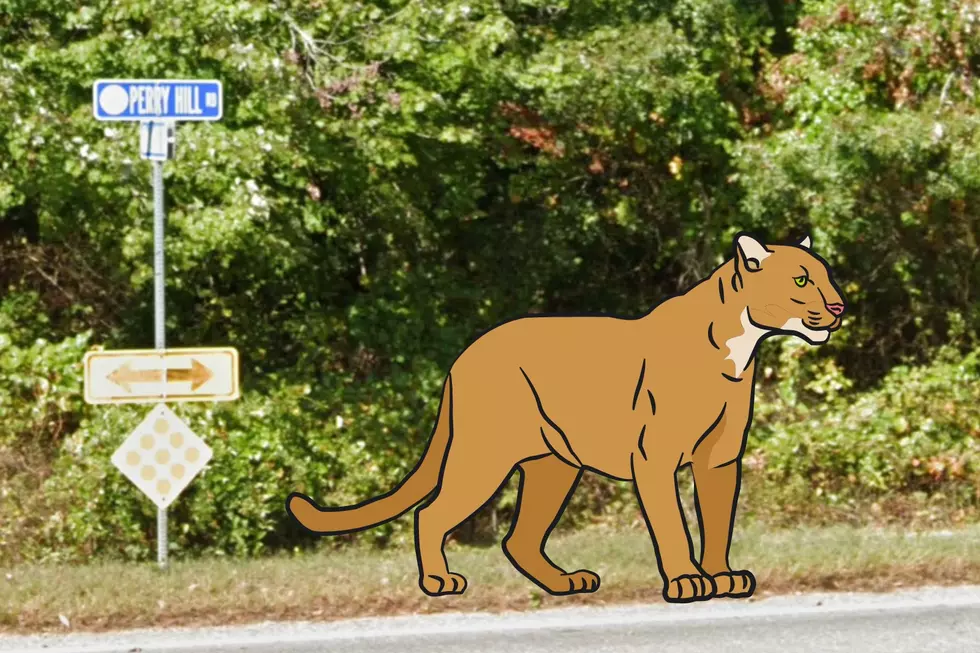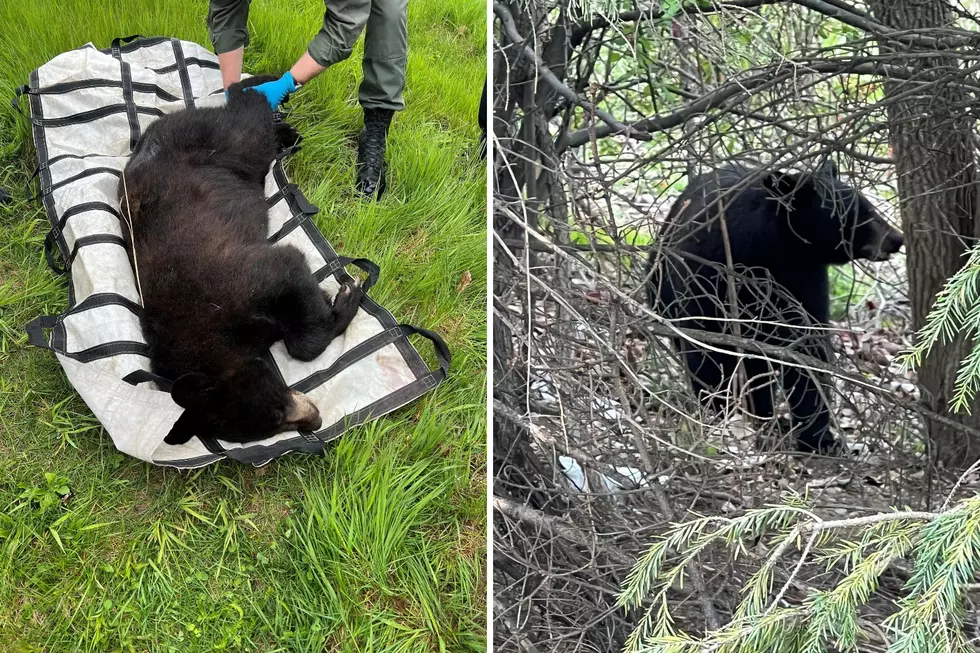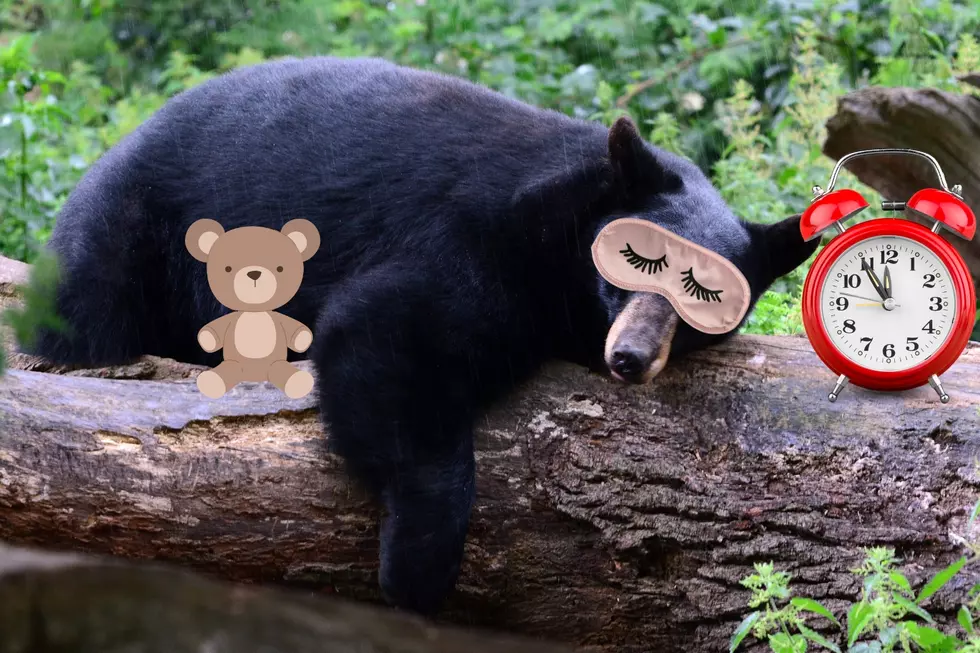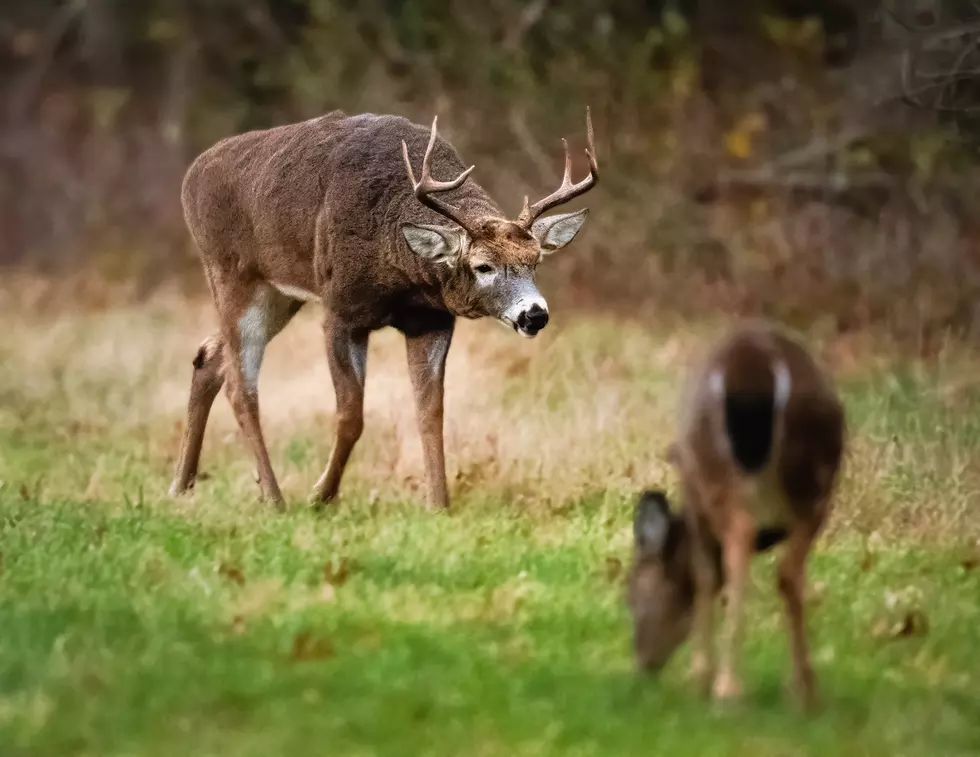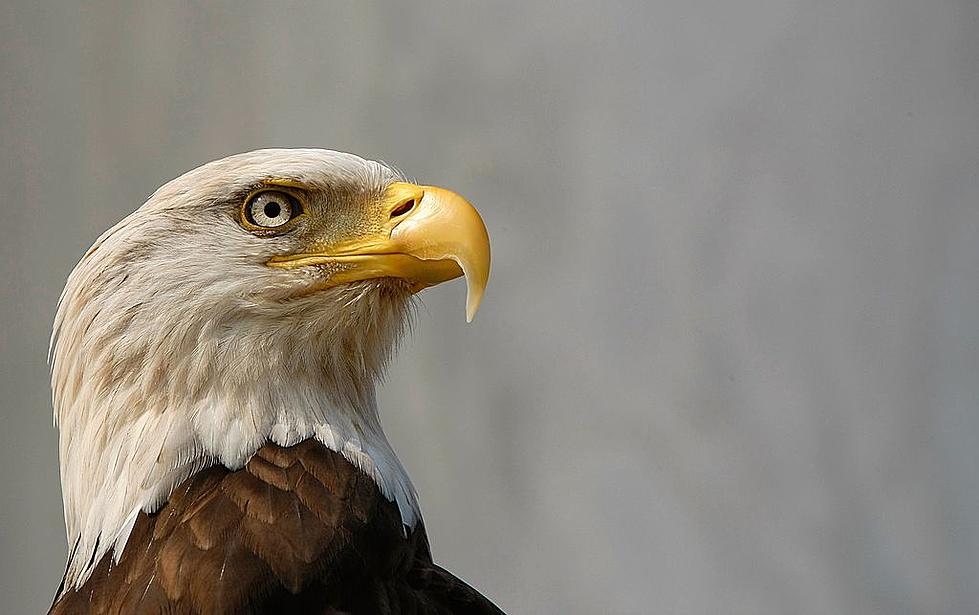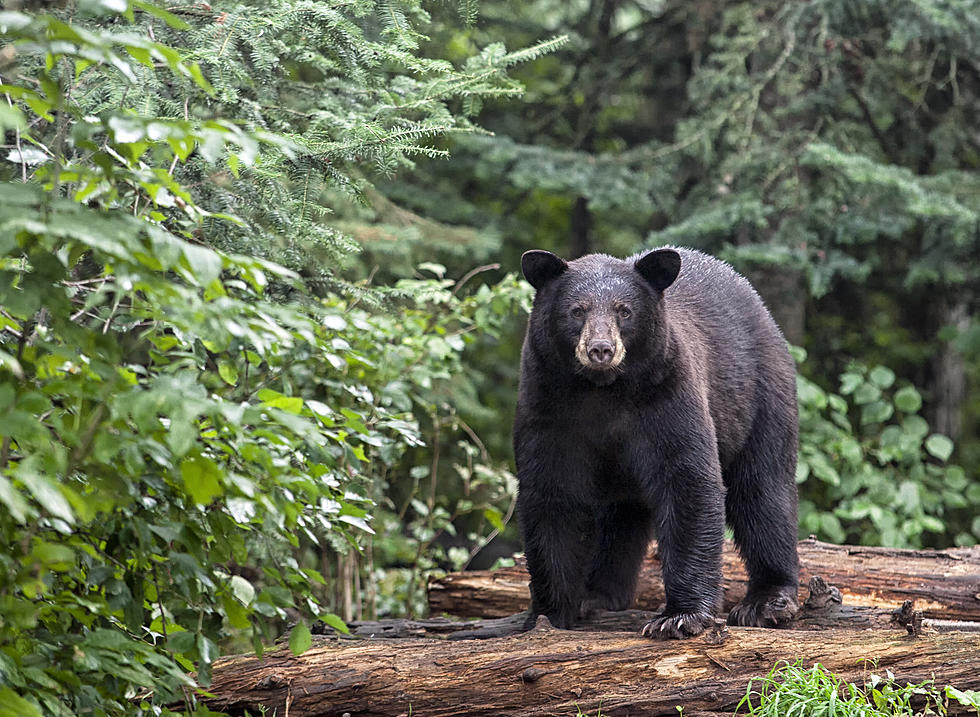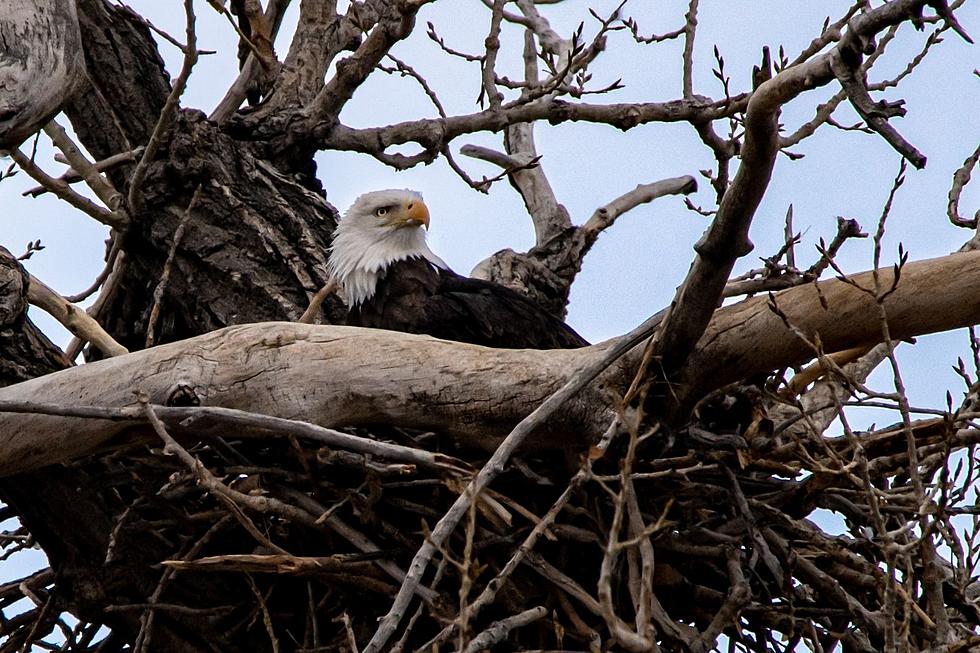
MassWildlife Says Look for These Tell-Tale Signs of Nesting Bald Eagles
According to Mass Wildlife's documentation of active bald eagle nests in the SouthCoast, there are no known nests outside of Fall River, Middleboro, and Lakeville.
But over the last few weeks, dozens of people have taken to social media to report eagles soaring over New Bedford's Hathaway Road area, perched in parts of Dartmouth's Noquochoke Lake, and allegedly roosting along the shore of Fort Pheonix in Fairhaven. Some of the photos are clear as day and are undeniably bald eagles. So what gives? Why isn't there any documentation of them existing here?
MassWildlife biologist for the Southeast Wildlife District Stephen Wright says that while nothing has changed with their active eagle nest documentation, that doesn't mean it's not happening.
Wright says, "I would encourage anyone with info pointing towards nesting Eagles to pass it along to me so that we can follow up. We are just entering the start of the incubation period with nests in Southeastern MA. We've confirmed this at one known nest so far but may have others underway that we haven't had a chance to scope out yet."
If you are one of the many who have been fondly watching the Eagles in our area, Wright says there are two tell-tale signs of nesting Eagles to look for.
"Incubation can be determined by observing the mature Eagle sitting on eggs low in the nest. Depending on how visible the nest is we try to observe the nest without disturbing it from a distance using a spotting scope and often all that can be seen is the white head of the Eagle sitting low in the nest.
Another sign of nesting Eagles is observations of mature birds carrying sticks which are used as nesting material in building or maintaining a nest. Frequent sightings of Eagles carrying sticks are a good indicator of which direction the nest is from your observation point since they usually fly directly to it."
If you've not yet had the chance to see these great birds in action, wintertime is primetime to birdwatch. Eagles prefer coastal areas, estuaries, and larger inland waters like the Cook Pond with tall enough trees to perch and monitor the water. Read up on these great tips for watching bald eagles and maybe you'll make the observation that Mass Wildlife is looking for.
Ipswich River Wildlife Sanctuary Visitors Can't Stop Raving
Massachusetts Wildlife You Can Legally Take Home as Pets
More From WBSM-AM/AM 1420

